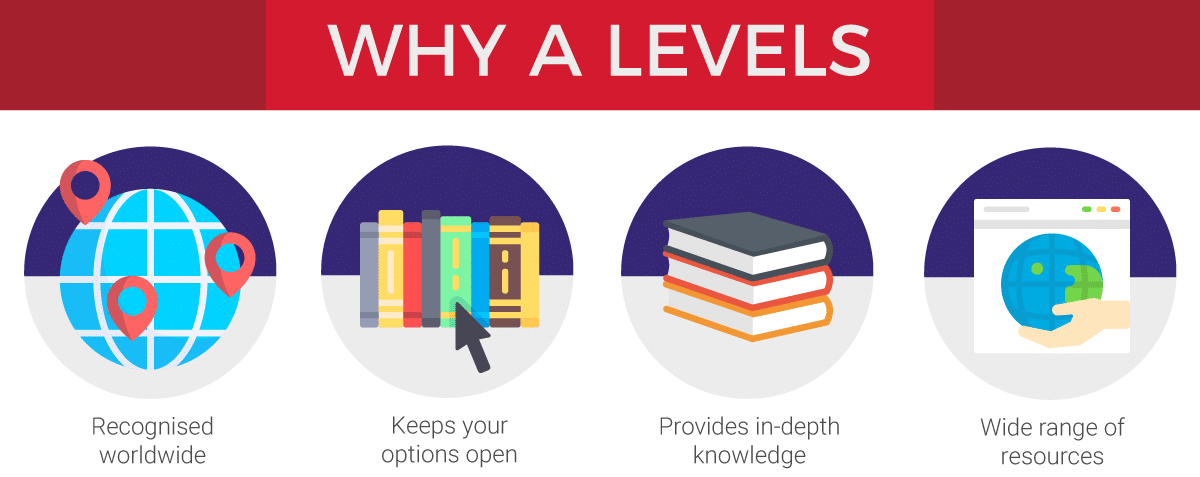What Is Online Therapy?
Online therapy involves providing mental health services and support over the internet. While video conferencing is the most common mode of communication for this type of therapy, it can also be done via email, text messaging, online chat, messaging, or internet phone.
What the Science Says
While many people have found relief by receiving treatment from the comfort of their own homes, others are concerned that internet treatment may be too dangerous.
One of the biggest concerns regarding online therapy is that therapists are unable to observe the patient, which is an important part of the assessment and diagnosis process. The tone of voice, body language, and overall demeanor all provide information about a person’s mental health.
The therapeutic relationship between the therapist and the patient is an important aspect of good therapy. Online therapy, on the other hand, is impersonal (and often it’s completely anonymous). Many people have expressed worries about whether digital communication can provide skills, tools, and healing power to individuals staring at a screen.

Despite the worries, research consistently demonstrates that online treatment for a variety of mental health conditions can be quite effective. Here are the results of a few studies:
- A meta-analysis published in 2018 examined the efficacy of online and in-person therapy for depression and anxiety, including social anxiety. They discovered that online CBT was just as effective as in-person CBT for treating anxiety and depression.
- Another meta-analysis from 2019 assessed the effectiveness of online CBT for treating depression by combining the data of 40 studies. They directly evaluated the efficacy of online CBT to in-person CBT and found that both types of therapy were equally effective in lowering depression.
- A 2018 paper reviewed over 40 studies and found that both online and in-person therapy reduced post-traumatic stress disorder (PTSD) symptoms. Not only did internet therapy reduce PTSD symptoms, but patients who received online therapy were just as satisfied with their treatment as those who had in-person counseling.

The Potential Benefits of Online Treatment
Online therapy has a few advantages over traditional face-to-face counseling:
Accessibility: Getting face-to-face treatment can be difficult due to a variety of physical obstacles. For instance, suppose you reside in a rural location. Or you may lack appropriate transportation and must rely on friends and relatives to get around. Thanks to technological advancements, you can benefit from therapy regardless of mobility limitations.
Affordability: Because online therapy eliminates many of the overhead costs associated with a traditional office, therapists can provide more economical treatment choices. And don’t forget that “going” to an online therapy session is completely free! Furthermore, online counseling is often thought to be less expensive than traditional in-person counseling.
Convenience: You can arrange sessions that match your schedule with online counseling. They can be scheduled around your job and family commitments.
Privacy: Worried about bumping into a coworker at a therapist’s office? You can have complete privacy with online counseling. You can plan your sessions while you’re alone at home.
The Potential Drawbacks
Online therapy isn’t for everyone. Here are some potential risks and drawbacks:
- Online therapy isn’t meant for people with more serious forms of mental illness, including substance use disorders and psychiatric conditions including severe depression and schizophrenia. These problems or conditions typically require more than online treatment can provide alone.
- Therapists miss out on body language and other cues that can help them arrive at an appropriate diagnosis when they are unable to engage face-to-face.
- Technological issues can be a stumbling block. Dropped calls, frozen videos, and difficulty logging into chat rooms are not conducive to treatment.
Conclusion
Despite its drawbacks, online treatment is gradually becoming a useful resource for a rising number of people. Online therapy has been shown to be effective in the treatment of anxiety, depression, and trauma in research. Patient satisfaction is unaffected by whether therapy is delivered online or in person. If you’d like to explore online therapy, come to FikaFox and talk to the psychologists! FikaFox provides online mental health services where the mental health professionals can assist you with mental health difficulties, wellbeing, and living a better life!








